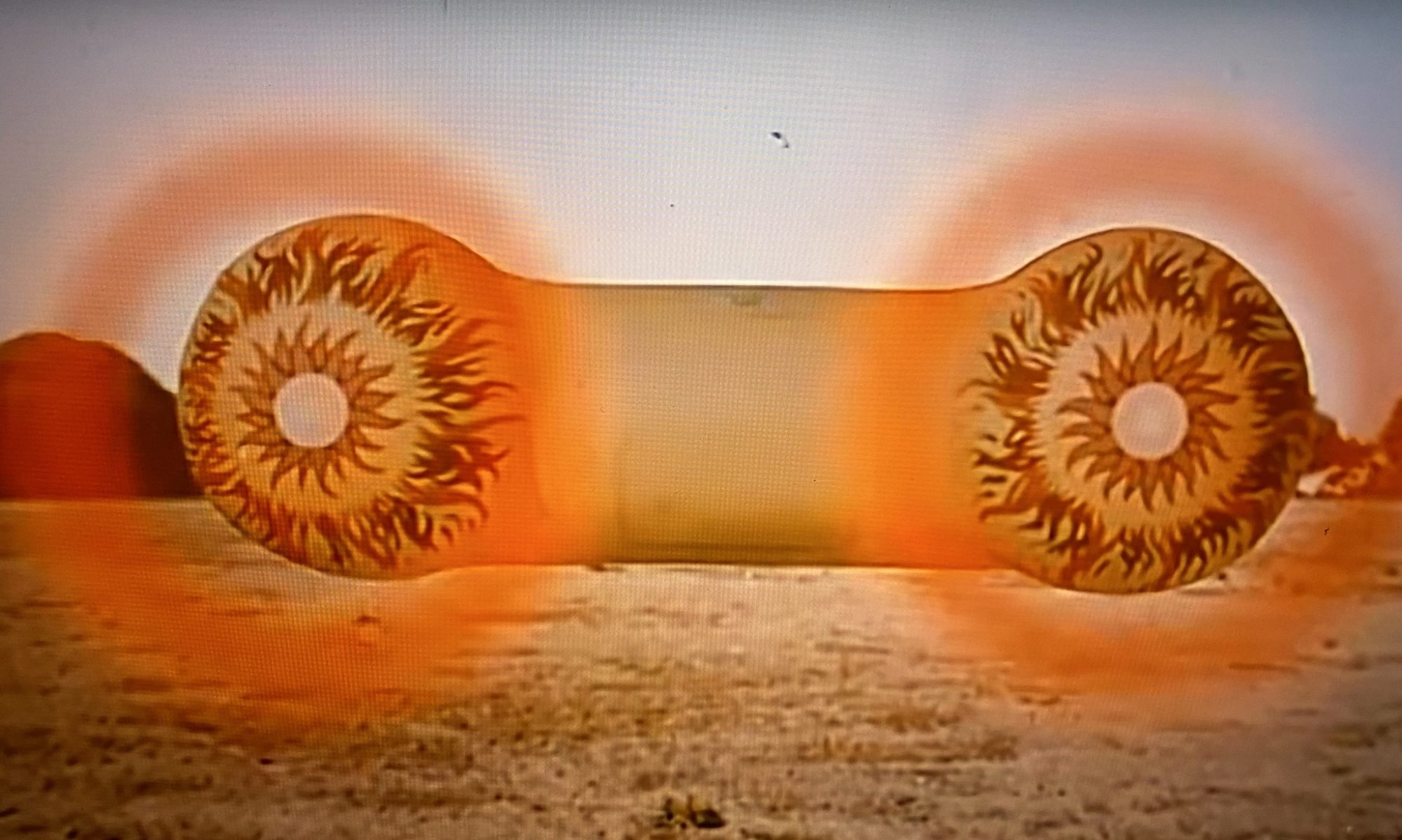Two weekends ago, I attended a night of stencils, cement scrawls, and Precariousness at ATA’s Other Cinema. Chris Carlsson showed some videos from Greenpepper Magazine’s “Precarious” DVD, and then started a discussion on the new European movement. The DVD clips he showed were amusing creative civil disobedience for the most part, based upon a new definition of where we all fit into this crazy capitalist world. One clip showed Italian citizens discussing what made their lives precarious and I instantly related to alot of them. The idea of being precarious hit home when a few immigrants spoke about how hard it was for them to make a living under the threat of not having papers.
As the discussion, which didn’t really go anywhere, progressed to nearly midnight, I lost concentration. Afterwards, I headed to El Farralito with Josh MacPhee and some other friends. Along the way, we joked about how precarious our existence was, and that that was a big word to swallow as a name of a unified movement against capitalism. It was too intellectual. At one point in the walk, I realized I wasn’t joking, and then started to seriously think about this new language coming out of Europe.
Chris mentioned that Greenpepper magazing and the Web site, Metamute, had articles about Precariousness. The next day, I went to the site and tried to read an article. Staring at the tiny type crossed my eyes. I took it as a signal to meditate upon my own personal precarious existence for a while and print out copies of the Metamute articles for future absorption.
Just what does precarious mean? According to WordPress’ dictionary, precarious means:
- Dangerously lacking in security or stability: a precarious posture; precarious footing on the ladder.
- Subject to chance or unknown conditions: “His kingdom was still precarious; the Danes far from subdued†(Christopher Brooke).
- Based on uncertain, unwarranted, or unproved premises: a precarious solution to a difficult problem.
- Archaic. Dependent on the will or favor of another.
Putting the meanings into plitical cotext made me exclaim, “No shit. We’re all precariously existing in this system!” I realized that I knew almost no one who doesn’t live close to some form of capitalist edge of oblivion. Also, I knew many folks going through various hard times right now, and we were all creating support networks and mutual aid to get through it. The basic conclusion I drew, without reading any text on Europe’s Precarious movement, was that there are two classes: the Rich, and the Not Rich. This fit in with Chris’ statement that the working class was a misnomer and that language needed to create a new phrase for 21st century dwellers to actually relate to one another. In capitalist terms, almost the whole human population is Not Rich.
Put that in your solidarity pipe and smoke it. Chris was interested in trying to get the attending activists to somehow relate to the blue and white collar workers, and the discussion didn’t really create any juicy leads on how to do this. My time spent in the Corporate sphere showed that white collar workers do indeed live precariously, yet they strive to live in what is either a delusional lie or a dream. While I worked in that environment, I had a hard time relating to my coworkers. I was a prole admin employee, getting paid at the bottom of the scale, yet I lived better and maybe richer than the top-paid executives. How? Well, they worked their asses of for one thing, and consumed at a larger quantity than I did. I’d say that their money concerns, commutes, mortgages, and desire to have more and be more got in the way of the fact that they worked stupid jobs and lived with little real security.
Yet most of them would probably agree that they lived precariously if I had discussed it with them. This ties in nicely with the Coop research that I’ve been doing. I’ve recently discovered that Argentina’s middle class has sided with the unemployed masses on and off for decades! A teachers union started the picket tactic (blocking roads, bridges, etc.) that the piqueteros have used since the 1990s to degrade the capitalist system there. Why, do you ask? My guess is when a corporatist government makes white collar workers feel really precarious, then they’re out in th e streets fighting over it.
So my brooding is over, and the Metamute articles have been printed. Once the Coop research is done, I’ll dive in and see what this movement is all about. I hope to have more things to say about the Not Rich Class, and I hope to discuss precariousness further with people who don’t know that there are terms and philosophies being developed around the idea. That’s where I hope to find some fresh perspectives on what tactics can unite us all to try to make some tough changes. But these changes need to be made, and systems of mutual aid need to be set up in the future.

 Precariously Not Rich
Precariously Not Rich